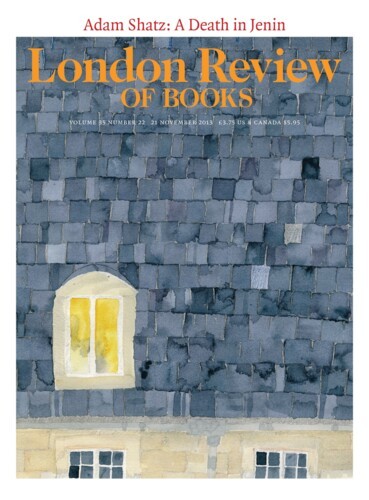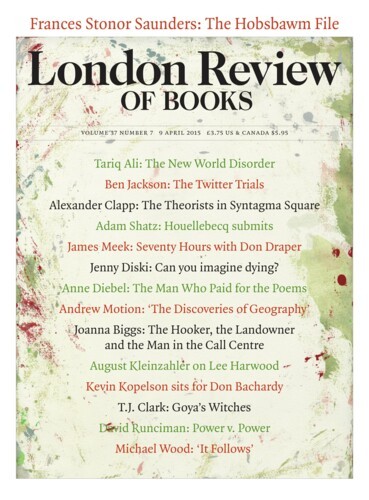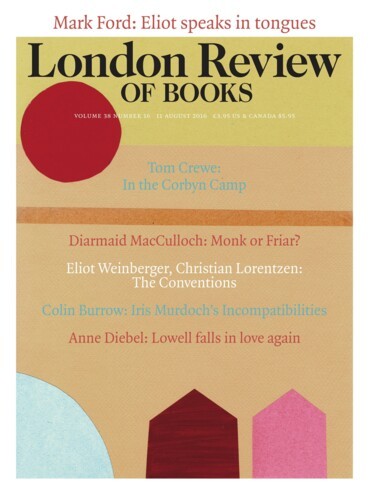I can’t, I can’t: Edel v. the Rest
Anne Diebel, 21 November 2013
Across the street from where I live in Manhattan’s Morningside Heights there’s an enormous residential tower which in 1932 replaced the Henry James, an apartment house built at the turn of the 20th century and advertised to appeal to ‘refined persons’. When William Dean Howells first told James about the building, James replied that the news ‘at once deeply agitated & wildly uplifted’ him. It was his ‘delirious dream’ that the event would bring his work to the American public’s attention, but he feared that the venture would fail.





